By Ron Thomas
Maroon Tiger Adviser
Professor Delores Stephens, who joined the Morehouse English Department in 1964, knew Dr. Martin Luther King Jr. in ways that few people did. While he was a civil rights icon to the rest of the world, Stephens knew him as her own pastor, as the father of a little girl who used to visit Stephens’ house, and as someone who exercised at the Butler Street YMCA.
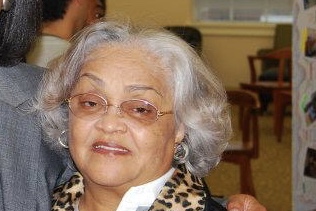 Stephens’ husband Charles, a Morehouse Man, had a personal connection to King because they had shared a jail cell after a civil rights protest. The family’s connection to King broadened in about 1961 when they joined Ebenezer Baptist Church, where King was the pastor. Stephens believes she is the last current Morehouse employee who had that relationship with him.
Stephens’ husband Charles, a Morehouse Man, had a personal connection to King because they had shared a jail cell after a civil rights protest. The family’s connection to King broadened in about 1961 when they joined Ebenezer Baptist Church, where King was the pastor. Stephens believes she is the last current Morehouse employee who had that relationship with him.
She recalled that the last time she saw him personally, not long before his death, he walked over to her and said, “Hello, Mrs. Stephens, my member.”
She began to know him through the church even before she and her husband joined Ebenezer.
“Before you become a member we had orientation sessions, and King was the one who was doing it,” Stephens said. “I knew him as a pastor, as a person you would go to for spiritual help. He was a pastor, not just a theologian, not just a civil rights leader.”
Stephens, a Spelman graduate, felt at ease with him because he projected warmth.
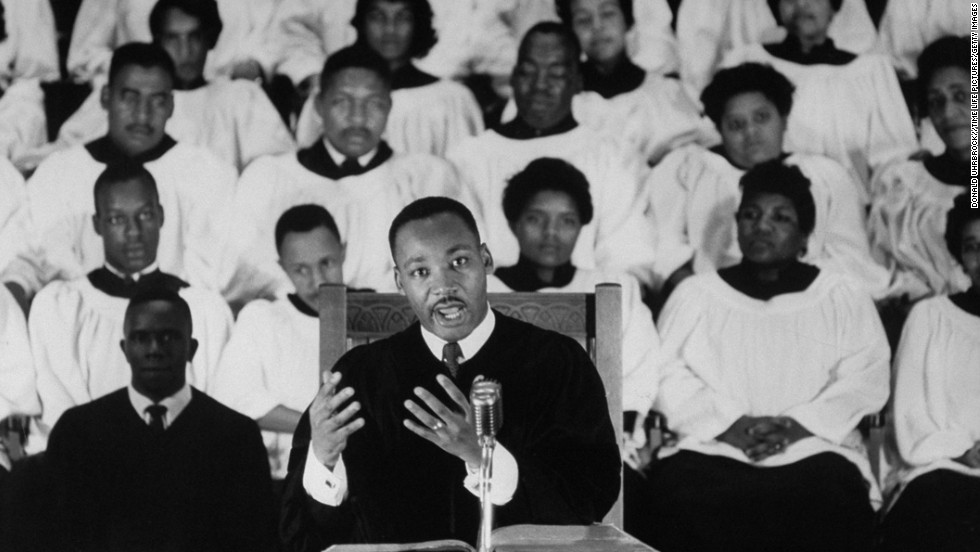
“Yes, and he had a good sense of humor, and from seeing him at the Y, I would say he loved life. He wasn’t a morbid kind of person, and being around him, you felt comfortable. I was never in awe of him.
“He was Dr. King. And we didn’t call him that. He was always ML, and those who knew him really differently would call him by his nickname (Mickey), but I was not in that category. But folks at the Y who knew him that way were.”
Stephens also knew King as a family man because his eldest daughter, Bernice, nicknamed “Bunny” as a child, used to come to birthday parties for Stephens’ daughter because they were about the same age.
So when King was killed, it was a personal tragedy for Stephens in addition to being a tragedy for the world.
Stephens heard about King’s death at the Butler YMCA, which was the center of black political life in Atlanta. On April 9, 1968, the day funeral services were held for him at Ebenezer and at Morehouse, Stephens watched the latter from the steps of Graves Hall with friends who also had a Spelhouse marriage. Thousands crowded the Century Campus lawn where Morehouse’s graduation now is held, and the pulpit was in front of Harkness Hall, which then held administrative offices for Clark, Spelman and Morehouse.
Stephens said the mood during the service was dominated by “sorrow and still disbelief that this had happened. People were horrified. I don’t think you would call (the service) a celebration of the life. No, it was deeply spiritual and eye-opening that that could happen.”
People who attended the service were so quiet that on a portable TV she could hear the words of Dan Rather, not yet a famous CBS anchor, as he reported from a tree near Tech Tower so he would have a panoramic view of the proceedings.
She distinctly remembers the great gospel singer, Mahalia Jackson, singing one of King’s favorite hymns, “Precious Lord, Take My Hand.” However, “I can’t remember much of what was said there because in a sense there was so much to take in – just the crowd and the body (in the casket) and these people there in recognition of him was overwhelming. I think that’s what everybody felt.”

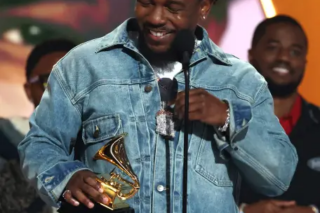
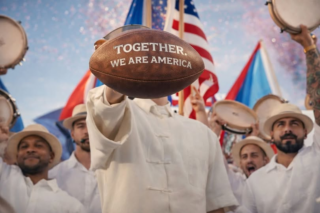

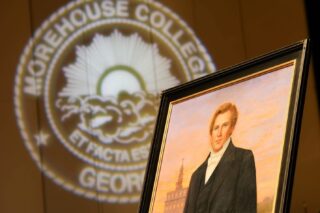
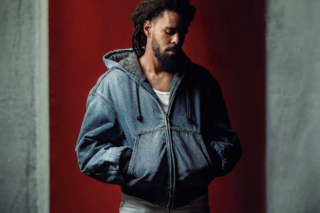
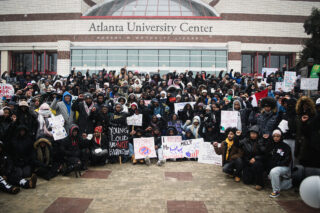
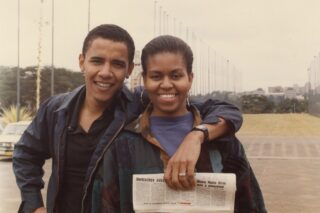
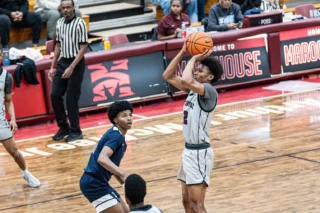
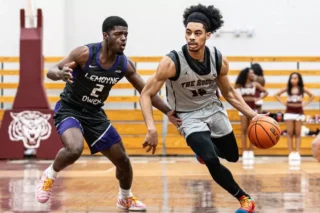
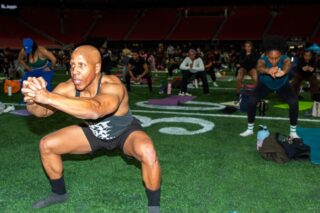
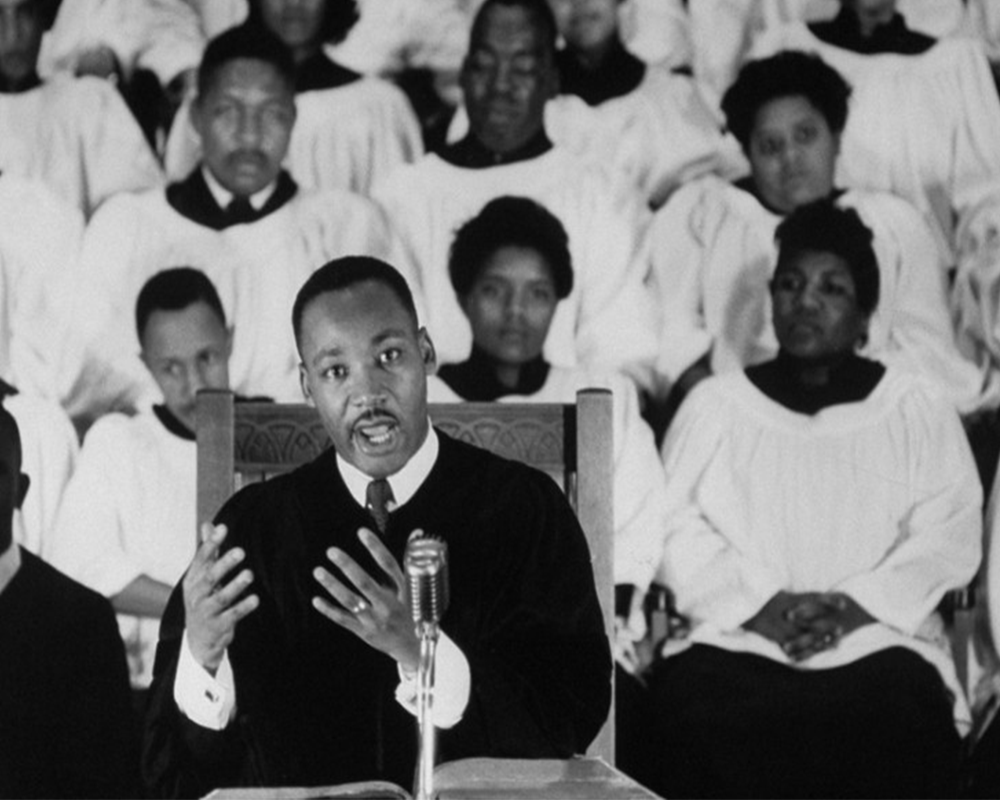

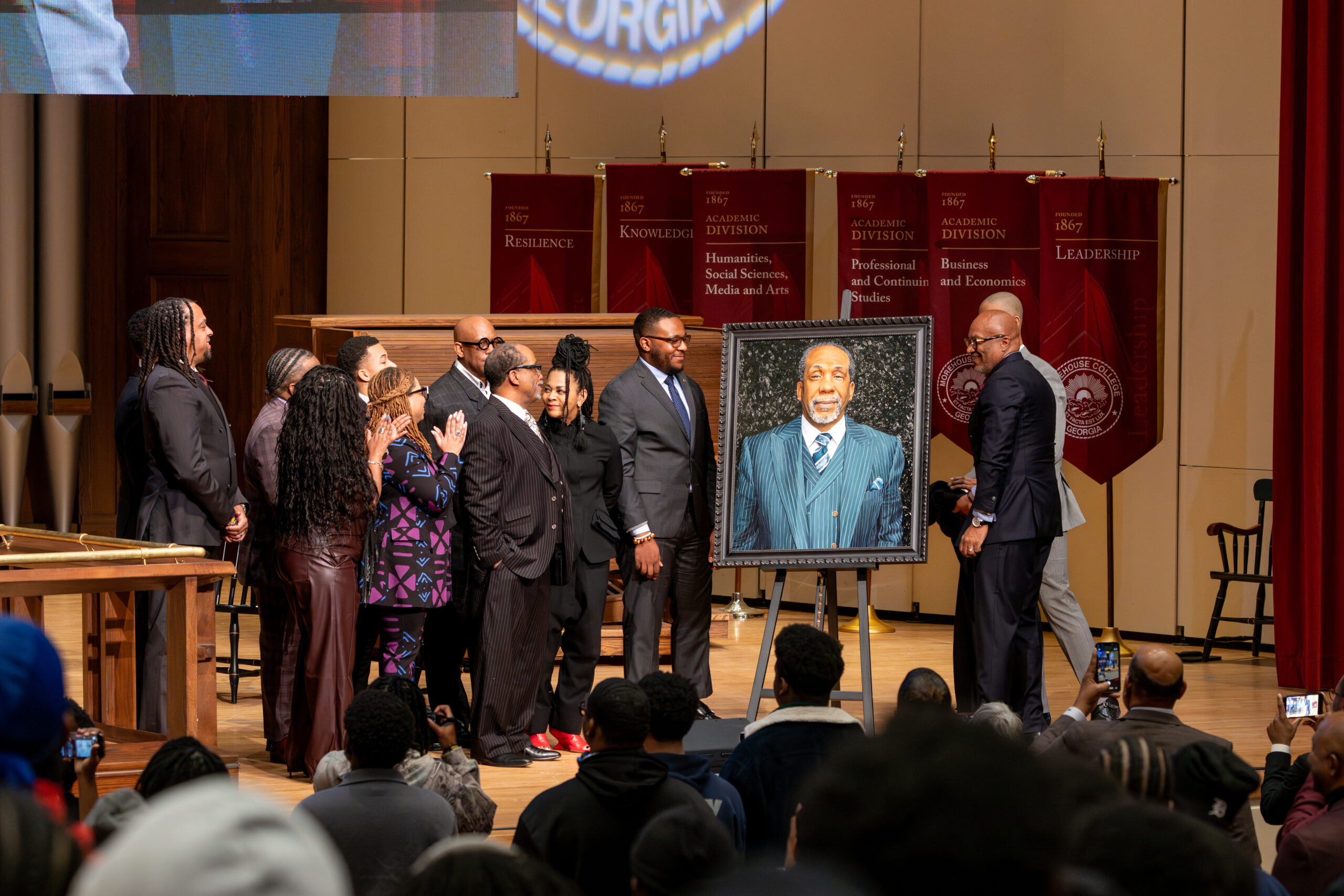
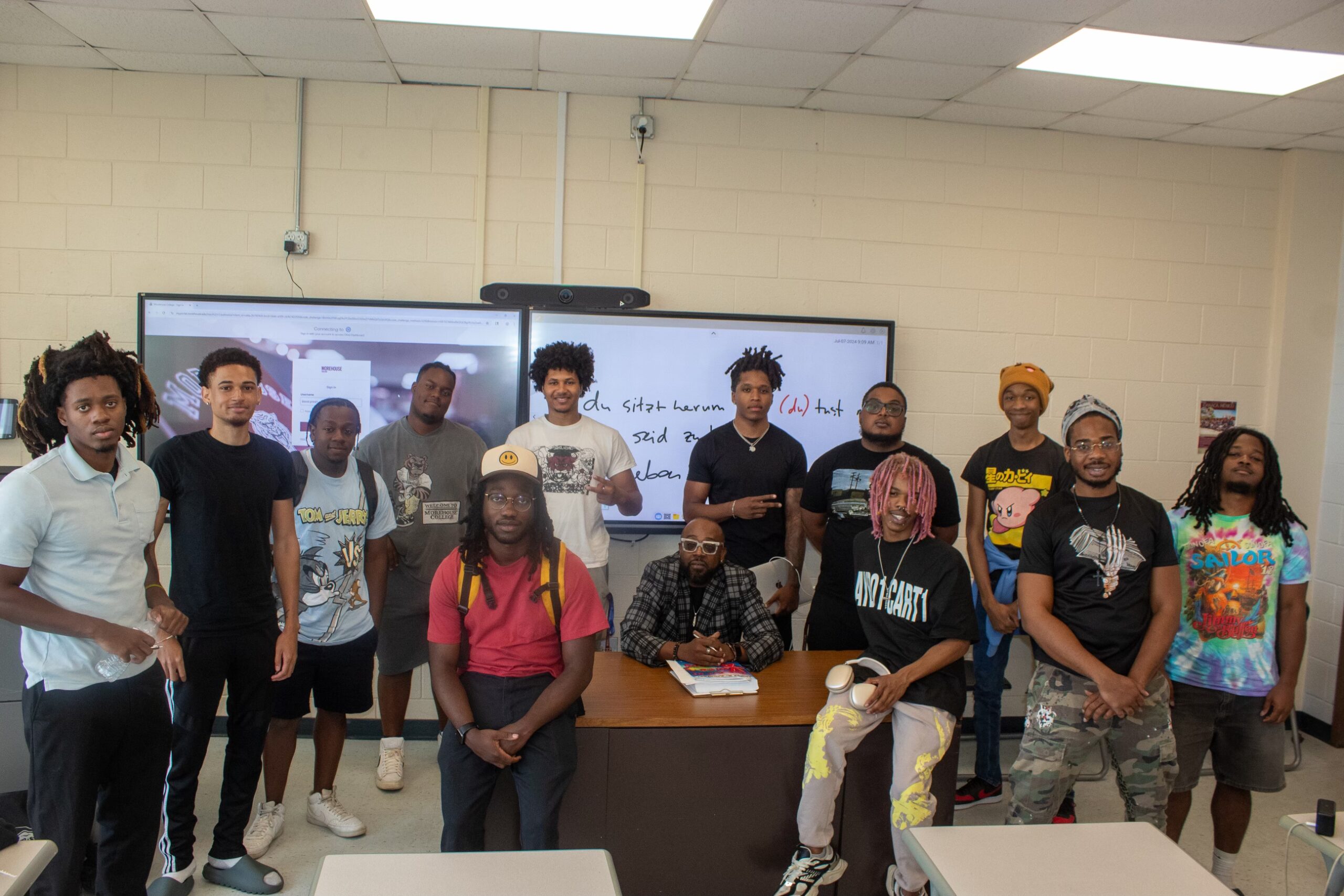
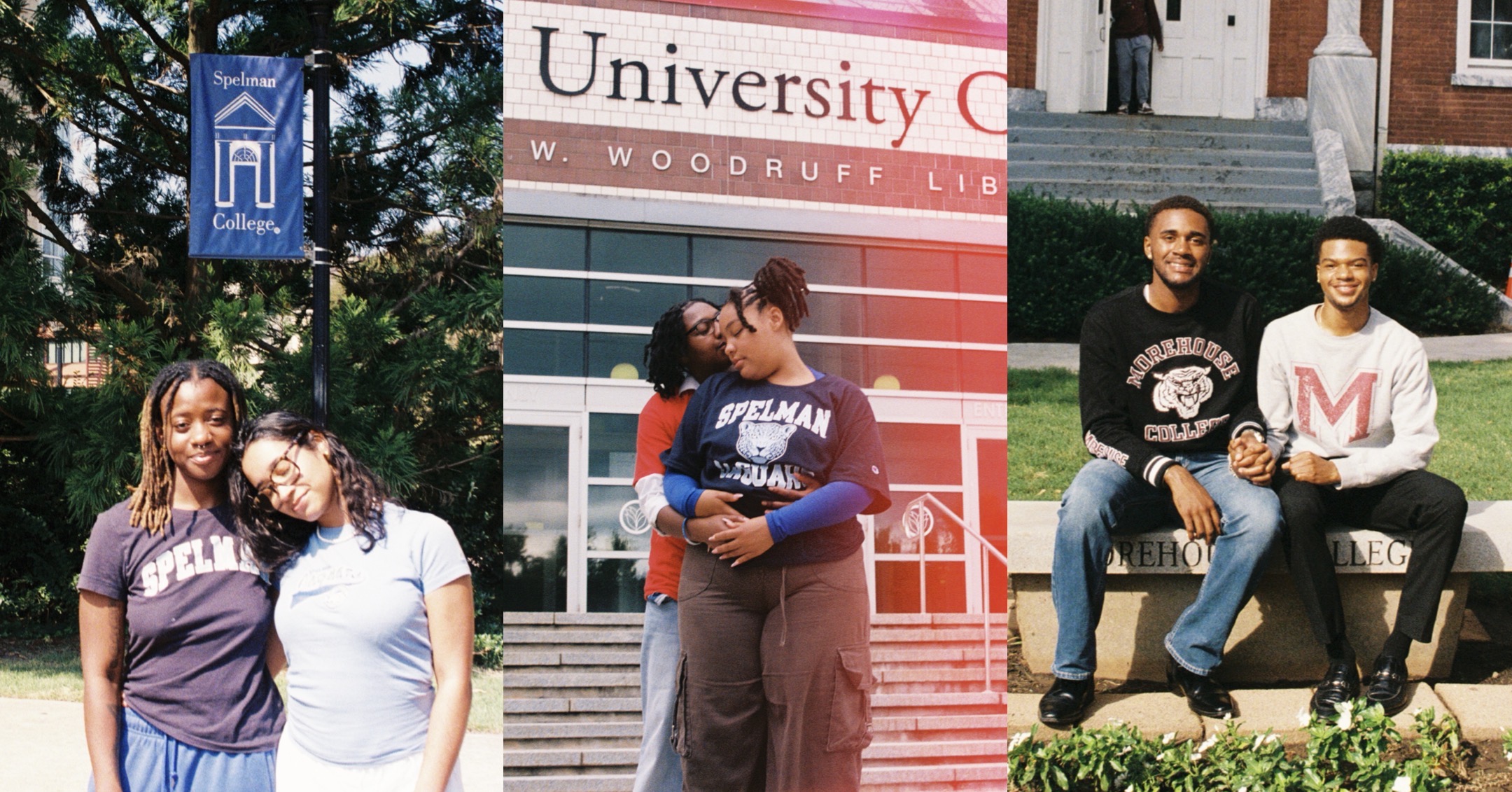
This is an amazing story. Dr. Stephens is a treasure.